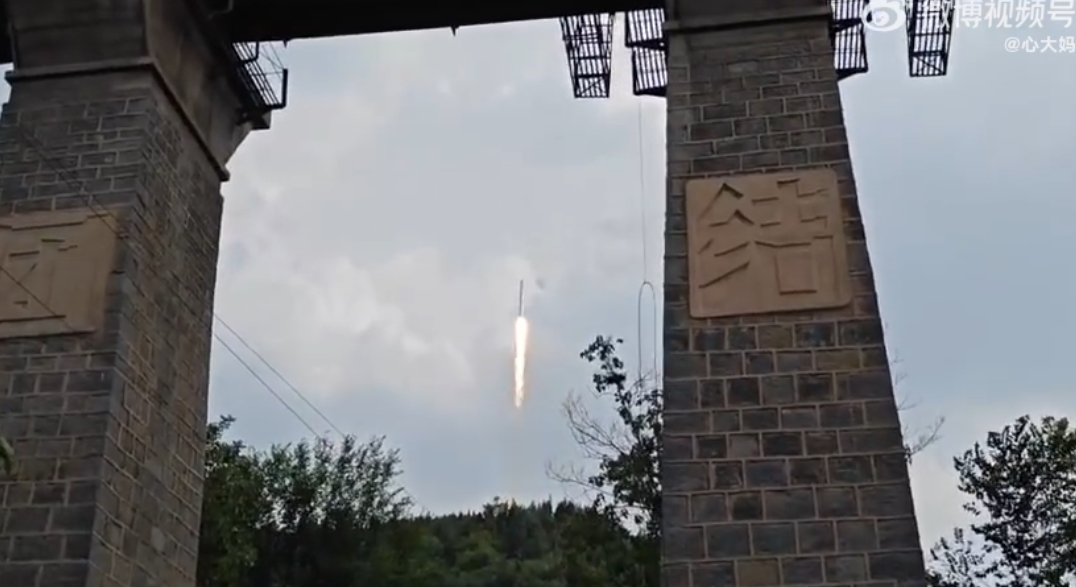
Image of rocket launch recorded by local people
Space News reported on June 30 that a static test of a rocket conducted by Space Pioneer Company (China) failed and exploded.
Space Pioneer, also known as Beijing Tianbing Technology Company, conducted a static test of the first stage of the Tianlong-3 rocket at a test facility in Gongyi County, Henan Province on June 30.
According to China Daily, the Tianlong-3 rocket has two stages, uses liquid fuel and is considered a competitor to the Falcon 9 rocket of Space X (USA).
At approximately 3:43 p.m. on June 30, the rocket engine fired as planned and produced 820 tons of thrust. However, a structural defect caused the rocket to separate from the launcher and fly up. All villagers in the area had been evacuated in advance, so preliminary investigations revealed no casualties.
Space Pioneer described the test as the most challenging step for the propulsion system, and said it would investigate the cause of the failure.
Footage captured by locals and posted on social media shows the rocket suddenly firing and launching. The restraint systems and other structures typically used to keep rocket stages in place rather than separating.
The rocket's parts shot up into the air before stopping, apparently with the engines shutting down, and falling back to the ground about 50 seconds after takeoff. It appears that most of the fuel was still left, causing the rocket to explode.
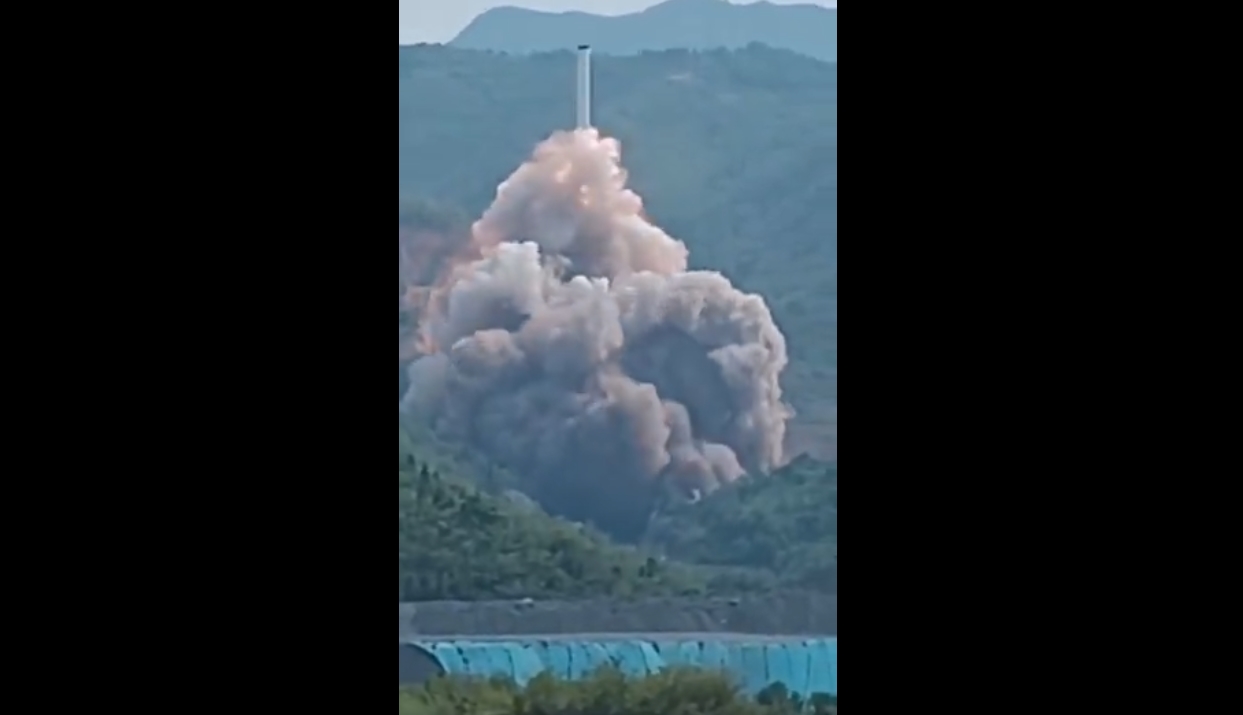
The rocket stage suddenly launched
There were no casualties in the incident, The Paper reported, citing Henan authorities. Local authorities said the missile part flew off in a “safe area,” causing a fire that was later extinguished.
Space Pioneer later issued a statement saying there had been structural damage to the connection between the rocket body and the launch pad.
The rocket's onboard computer automatically shut down the engine and the rocket crashed 1.5 kilometers southwest. The company said there were no casualties in the incident and the test produced 820 tons of thrust.
Rocket debris falling in China after launch is not unheard of, but it is rare for a part of a rocket under development to make an unplanned flight away from a test site and fall, according to Reuters.
In April 2023, Space Pioneer launched another liquid-fueled rocket, Tianlong-2, becoming the first private Chinese company to launch a liquid-fueled rocket into space.
Source: https://thanhnien.vn/ten-lua-trung-quoc-thu-nghiem-tinh-bat-ngo-phong-len-roi-roi-xuong-phat-no-185240630203104784.htm









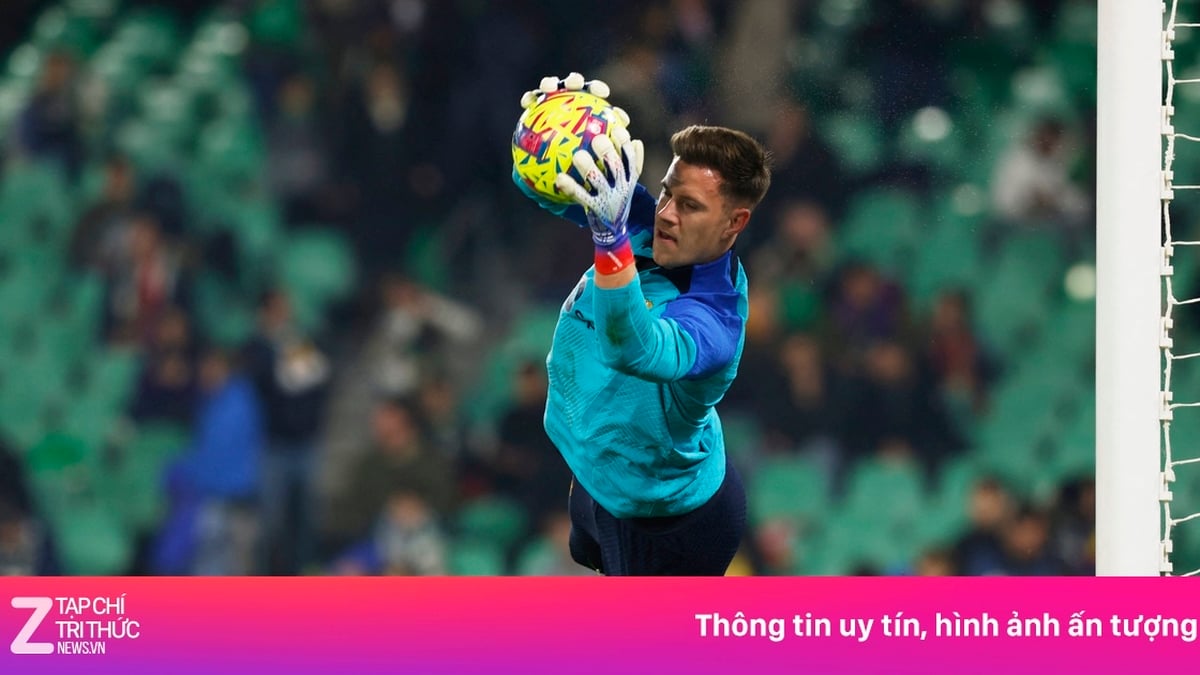
































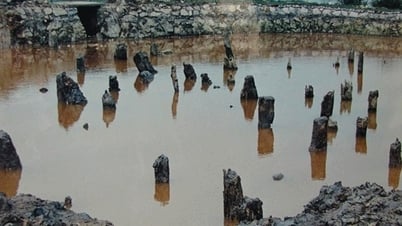







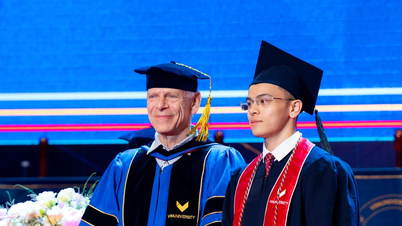












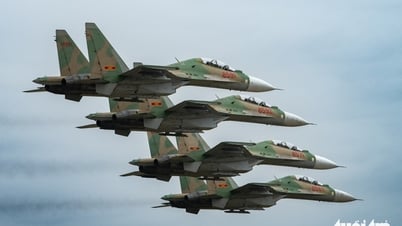


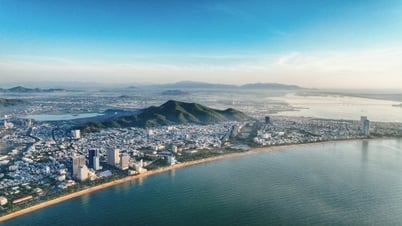

































Comment (0)